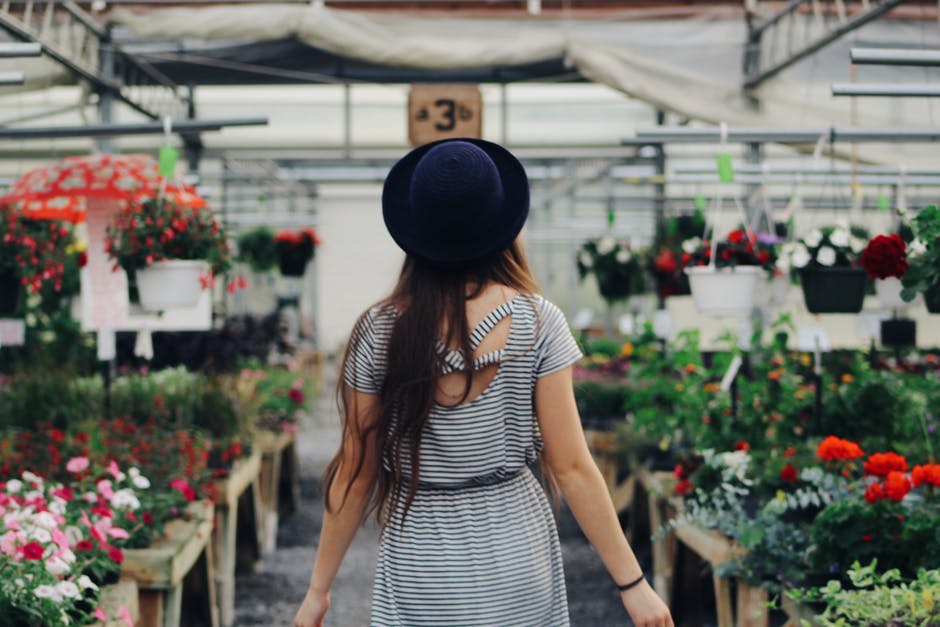
Gardening on a budget doesn’t have to be difficult, but it requires some know-how. Like any other gardener, a frugal one needs to be aware of certain essential pieces of information. What’s the difference? Someone who isn’t worried about over-spending can get away with making mistakes. While errors are part of the learning process, especially when it comes to this hobby, those pinching pennies have less room for error than others.
The essentials
There are some critical facts you need to know as a frugal gardener, and it’s the same advice I give any of my friends, family or acquaintances interested in getting started.
Know your planting zone. Knowing your zone allows you to pick out perennials best suited for your area. Being aware of your growing region will enable you to get an idea of the types of vegetation that can survive your climate. When it comes to growing produce, you’ll be better suited to figure out which varieties will thrive in your area. For instance, my zone’s very severe weather fluctuations make it tough to grow things like eggplant without first starting them indoors and giving them some extra TLC.
Your first and last frost dates. Some hardiness zone maps will provide you with this information, and it’s essential for planting purposes. Each year these dates will fluctuate, but having a ballpark gives you an idea of when it’s best to start seeds indoors, sow them outdoors, and transplant seedlings.
Your soil. If you’re starting from scratch, it’s a good idea to get to know what kind of earth you have. Certain soil types work best for different crops. If you discover you have very poor quality soil, it may be worth thinking about building raised beds. You’ll save time and cash, in the long run, by adding your own soil mix instead of attempting to amend low-quality soil. In extreme cases, some areas may even have contaminated soil, which is a no-go for edible gardens.
Armed with knowledge
As a gardener, I’ve found the above information to be incredibly valuable. It’s saved me from planting things that would never flourish in my area. It’s also the best way to relate to other gardeners. Find out your zone, and it’s easy to discover others who have to deal with the same climate as you. You can discover the tricks and techniques that others in your area use that may apply only to your zone. Knowing your area’s frost dates is critical, too. Having the dates in mind prevents me from succumbing to the temptation to plant seedlings out early. Every year I wonder what the harm would be and every year, abiding by the frost dates usually saves me from disaster. Finding out the soil on my property was mostly rocks and pebbles largely factored into my decision to create raised bed gardens. All these pieces of information will enable you to work with Mother Nature instead of against her, and in doing so, you’ll save yourself from wasting time, effort, and money.

Steph Coelho is a freelance writer gardening in zone 5b. She is a certified Square Foot Gardener and has taught various garden-related workshops. When she’s not digging in the dirt or writing, she’s cooking up fresh produce, running, or listening to her favorite podcasts.
Leave a Reply